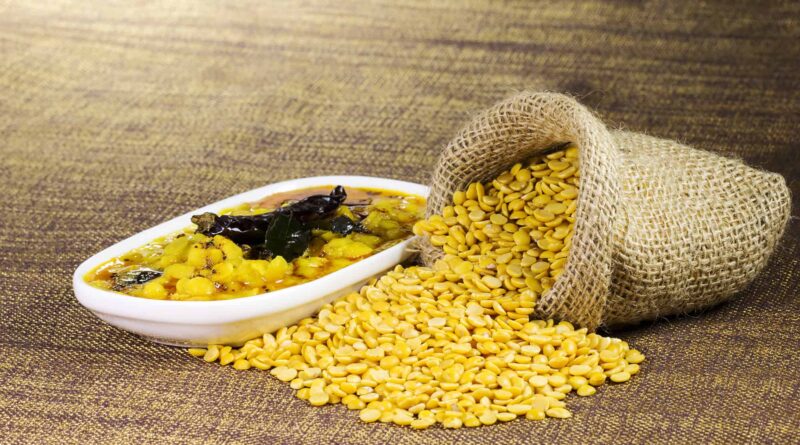Govt to procure 100% of urad, arhar & masur: Chouhan
By Sandip Das
The government is committed to procure 100% of urad, arhar and masur varieties of pulses, which the country imports in substantial quantities, from the states that grow these, agriculture minister Shivraj Singh Chouhan said on Thursday.
While reviewing the progress of kharif crops, Singh said that area under pulses have increased by over 50% particularly tur and urad varieties. He stated that achieving self-sufficiency in pulse production is a priority for the country.
Currently the government agencies are unable to purchase three varieties of pulses as prices are ruling above the minimum support price (MSP).
Due to rising demand and uneven distribution of monsoon rains, pulse output especially tur urad and masoor varieties is unable to meet rising demand thus resulting in higher imports.
To improve domestic supplies, the government has abolished import duties on three varieties of pulses till the end of FY25. India currently imports around 15% of the annual consumption of around 30 million tonne (MT)
Due to adequate monsoon rainfall especially in the pulses growing states of Maharashtra, Karnataka, Madhya Pradesh and Uttar Pradesh, area under pulses sowing till July 5 is up 55% at 3.68 million hectare compared to 2.37 MH last year. Area under tur and urad were reported at 2.08 MH and 0.53 MH up 400% and 46% compared to the same period in the previous year.
Monsoon is currently in the active phase while the overall rainfall this season till Thursday has been 2% below the benchmark – long period average or in the normal range. India Meteorological Department has stated that 460 or 63% of the total 729 districts have so far received excess to normal rainfall.
To boost procurement prospects in the kharif season, the government has initiated registration of farmers in Madhya Pradesh, Maharashtra, Tamil Nadu and Uttar Pradesh who have started sowing urad and tur.
Agencies such as farmers’ cooperative Nafed and NCCF have commenced registration of urad and tur farmers for procurement under the minimum support price following higher sowing due to adequate monsoon in key growing states.
Meanwhile the wholesale prices of urad has declined by 3.12% and 1.08% respectively in key markets – Indore and Delhi compared to previous week on account of robust kharif sowing and imports. “In alignment with domestic prices, the landed prices of imported Urad are also on a declining trend,” according to an official statement.
However, tur prices are expected to be elevated till the kharif harvest starts arriving in the market by December. However officials said the tur prices are likely to decline once imports from African countries such as Malawi and Mozambique start arriving by the end of next month.
Tur production in 2023-24 crop years (July-June) is estimated at 3.43 MT, which will decline from 4.22 MT in 2022-24.
The country’s urad production in 2023-24 crop year (July-June) was estimated at 2.61 million tonne (MT) and the country imports about 0.6 MT of pulses variety largely from Myanmar. The short duration crop is grown in three seasons – kharif, rabi and summer seasons.
This article has been republished from The Financial Express.

